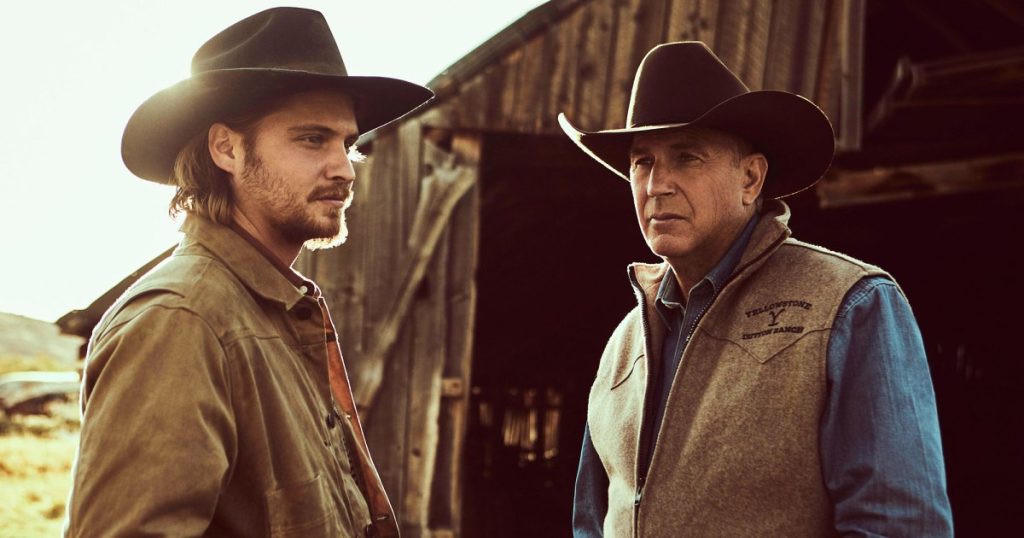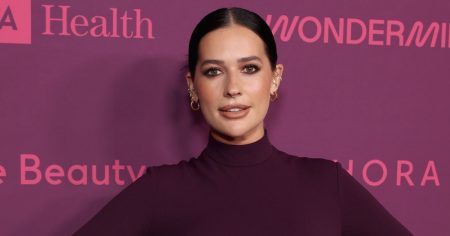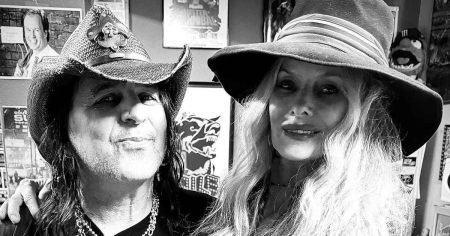The popular Paramount Network series Yellowstone, known for its intense family drama and captivating plotlines, has also been the subject of considerable offscreen controversy since its premiere in June 2018. Much of the contention revolves around the show’s perceived political leanings and the personal political stances of its cast and crew, particularly co-creator Taylor Sheridan and lead actor Kevin Costner.
A major point of contention has been the labeling of Yellowstone as a "conservative show." Sheridan has pushed back against this categorization, arguing that the series tackles complex and controversial issues, including the displacement of Native Americans, the mistreatment of Native American women, corporate greed, and the gentrification of the West. He questions how a show addressing such topics could be considered solely conservative. This debate highlights the complexities of interpreting art through a political lens and the potential for audiences to project their own political biases onto the narratives they consume.
Adding fuel to the fire, Kevin Costner’s public endorsement of political figures has sparked backlash from viewers on both sides of the political spectrum. His support for Republican Liz Cheney, a vocal critic of former President Donald Trump, drew ire from some conservative fans. Conversely, his endorsement of Democrat Pete Buttigieg during the 2020 presidential primaries likely alienated some viewers on the right. Costner, however, has remained steadfast in his convictions, emphasizing his right to express his political views regardless of potential repercussions on the show’s viewership. This underscores the delicate balance between an artist’s personal beliefs and their public persona, particularly in a highly polarized political climate.
The clash between the perceived political slant of Yellowstone and Costner’s own political endorsements creates a multifaceted debate. While some viewers may interpret the show as leaning conservative, Costner’s actions challenge this simplistic categorization. This tension demonstrates how difficult it is to neatly categorize a complex narrative like Yellowstone within a single political ideology. The show’s exploration of multifaceted themes and characters with varying perspectives complicates efforts to label it as strictly conservative or liberal.
Despite the controversies and threats of boycotts from disgruntled viewers, Yellowstone has consistently maintained its status as a ratings powerhouse. The season 5 premiere drew an impressive 12.1 million viewers, solidifying its position as one of the most-watched scripted series. This success speaks to the show’s compelling storytelling and its ability to resonate with a broad audience, regardless of political affiliation. The sustained popularity suggests that the show’s appeal transcends political divides and taps into universal themes of family, loyalty, and power struggles.
The offscreen drama surrounding Yellowstone exemplifies the challenges faced by creators and actors navigating the increasingly politicized landscape of entertainment. While Sheridan defends the show’s nuanced approach to complex issues, Costner’s outspoken political endorsements have further complicated the narrative surrounding the show’s perceived political leanings. Nevertheless, Yellowstone‘s enduring popularity suggests that its captivating storytelling continues to outweigh the offscreen controversies, at least for the majority of its viewers. The show’s success underscores the power of engaging narratives to transcend political differences and captivate a diverse audience. Furthermore, it highlights the ongoing tension between artistic expression, political beliefs, and audience reception in the modern media landscape.










